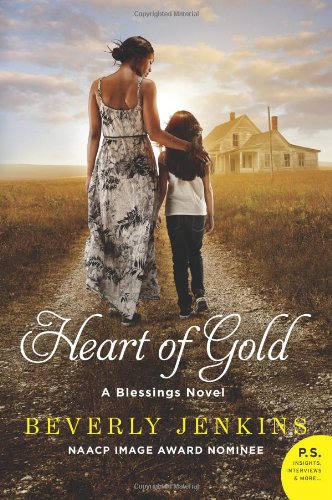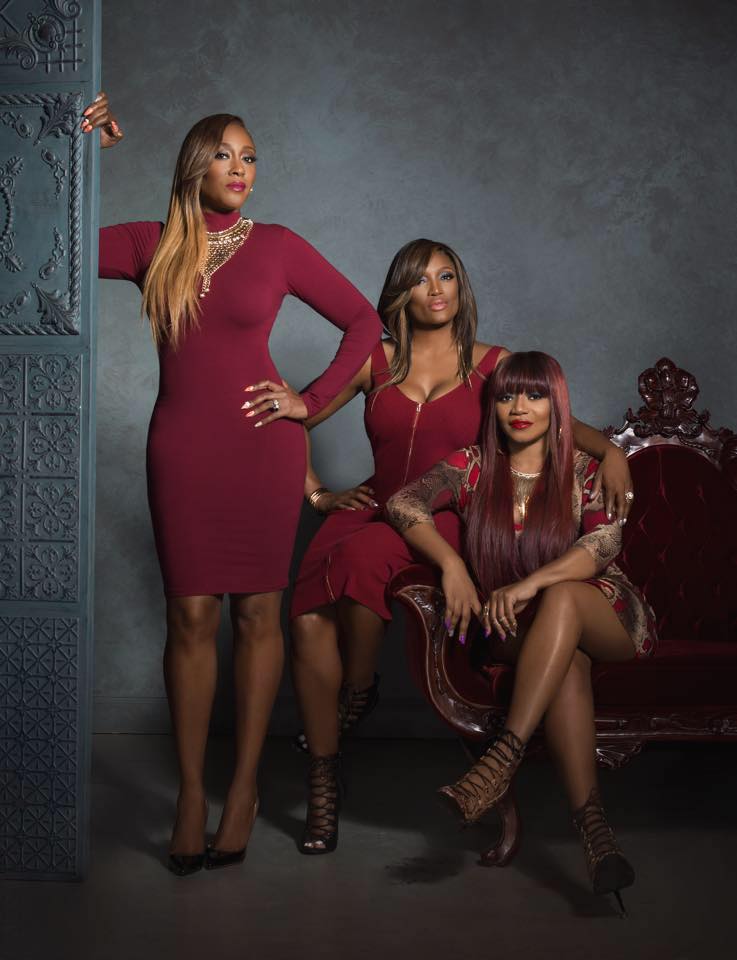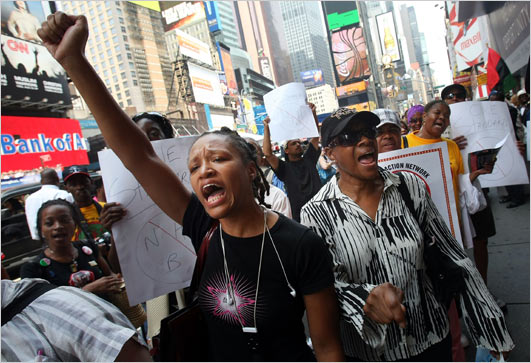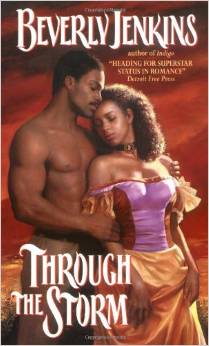 The novels of Beverly Jenkins are fictional flights of fancy, a collection of historical and contemporary tales that will transport readers from one century and scenario to the next.
The novels of Beverly Jenkins are fictional flights of fancy, a collection of historical and contemporary tales that will transport readers from one century and scenario to the next.
No matter where her African-American characters start—-a 1700s Boston tavern, a war-torn Georgia plantation in the 1860s or battling corruption in the mean streets of modern-day Detroit—fans have delighted in books written the bestselling author for decades.
“I love building the worlds that I create,” Jenkins said recently by phone. “I can write a good love scene and all of that, but how many people know about the African-American doctors of the nineteenth century, or the Black Seminole Marshals in Indian Territory? I’m really proud of being able to share the history in a way that’s fun and memorable. Sometimes it’s heartbreaking, but the facts resonate and stay with you.”
Her most recent work, Heart of Gold, is the fifth in a series of Blessings novels and was just released last month: her nineteenth historical romance, Destiny’s Captive, will hit store shelves in late October.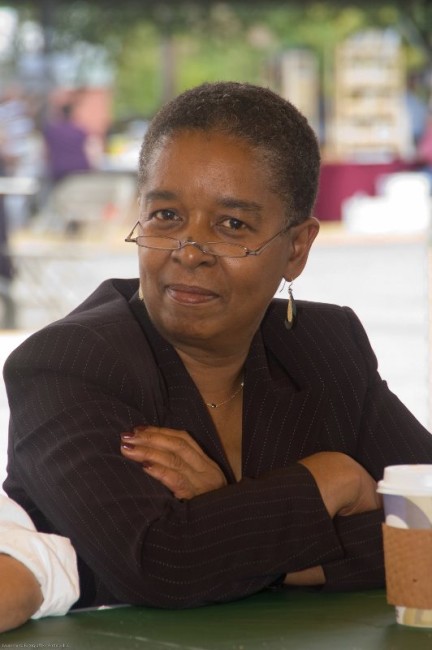
The Detroit native’s books span the genres of romantic suspense and historical romance. She also writes a present-day series that takes place in the fictional town of Henry Adams, Kan., a locale Jenkins established in her 1994 debut, Night Song.
Jenkins has earned multiple awards and a loyal following, but in the beginning, the only feedback she received from publishers was a variation of, “No thanks.”
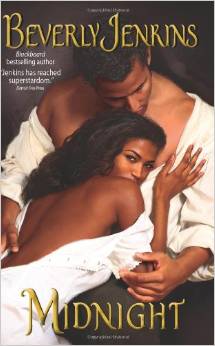 “When my agent tried to sell Night Song, they didn’t know anything about black towns in 1880s Kansas or about stories with black people that weren’t slaves,” Jenkins said. “Are you kidding me? I got enough rejection letters to paper my house and your house.”
“When my agent tried to sell Night Song, they didn’t know anything about black towns in 1880s Kansas or about stories with black people that weren’t slaves,” Jenkins said. “Are you kidding me? I got enough rejection letters to paper my house and your house.”
But Jenkins finally caught a break with Avon Books. Weaving tales of suspense and romance into events of the past is a labor of love that both enriches and educates the author and her fans.
“Dorothy Sterling, who wrote the book We Are Your Sisters: Black Women in The Nineteenth Century, said that what made Black women so successful back then were their willingness to work, a commitment to family and community and the desire to push the envelope on race and gender,” Jenkins said. “I try and give all of the heroines of my stories at least one of those gifts, if not all three. You’re gonna see somebody’s who’s pushing the envelope like Loreli the gambler, Viveca the doctor or Hester, a conductor for the Underground Railroad. These women have their lives together, and in most cases, the hero is just the cherry on top of the ice cream soda that they already have.”
Jenkins also imbues virtues of hard work, dedication and sacrifice into her leading men, a segment of the population that is still, like their lady counterparts, undervalued.
“I based the men’s traits on my late husband, Alex, and on the premise that black men helped to build this country also,” Jenkins said. “They were soldiers in the Civil War, Union majors and lawmen patrolling Indian territory, yet America’s culture still don’t see our [black] men as contributors. They see our men as thugs, deadbeats, absent fathers, and that’s not who we are. I want to show black men in all their glory and how important they were and are to the fabric of this country. Somebody’s got to give them a voice, so that’s my job.” 

